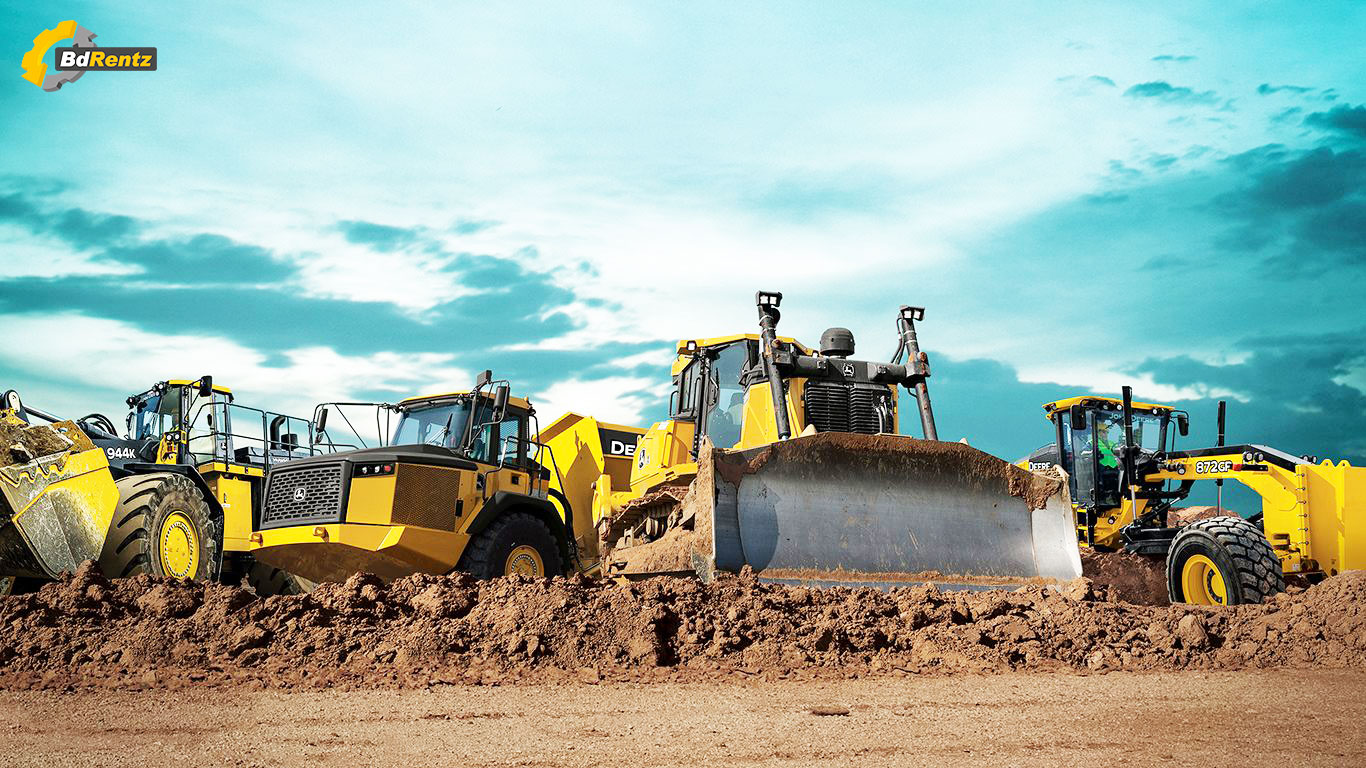Scissor Lift Rental: Safe and Efficient Lifting Solutions
Wiki Article
Maximize Your Spending Plan by Comprehending the Costs Related To Building Equipment Services
Comprehending the full scope of prices connected with building devices services is critical for maximizing your budget. What approaches can be employed to effectively manage these costs and make certain a much more effective rental experience?Introduction of Rental Expenses
When taking into consideration building and construction equipment leasings, comprehending the associated prices is paramount for reliable budgeting and project planning. Rental costs can vary considerably based upon a number of aspects, including tools type, period of service, and location. The first rental fee usually reflects the tools's market demand and its linked operational capacities, affecting the general expenditure.In addition to the base rental rate, secondary expenses might occur, such as transportation fees, fuel additional charges, and upkeep fees. It is necessary to make up these additional expenses to accurately examine the complete price of leasing devices. The rental duration can affect pricing; longer leasings may qualify for discounted prices, while temporary services could incur greater everyday costs.

Break Down of Rental Rates
A detailed understanding of rental rates is crucial for specialists and job supervisors aiming to optimize their budgets. Rental rates for construction devices commonly include a number of components, consisting of base prices, time-based charges, and use charges.Base rates are the core fees related to the rental of the tools, typically established by the kind and size of the machinery. These rates can vary significantly, influenced by elements such as equipment need, accessibility, and local market trends. Time-based charges, which may be daily, weekly, or monthly, serve to fit various task timelines and rental durations.
Additionally, rental rates might include use costs, which are relevant when devices is made use of past a specified threshold, guaranteeing that the rental business can make up deterioration. Seasonal need variations can likewise influence rental rates, with peak building periods normally commanding higher prices.
Furthermore, recognizing the rental firm's policies regarding maintenance and insurance can provide further insight into the total expense structure. By examining these elements, service providers can make educated choices, making sure the option of rental equipment aligns with both project needs and spending plan constraints.
Added Charges to Think About
Comprehending the details of added fees is crucial for service providers to manage their general service expenditures efficiently. Beyond the typical rental rates, numerous auxiliary charges can dramatically impact the overall cost of equipment service. These charges often include shipment and pickup fees, which can differ based on range and logistics involved in transporting the devices reference to and from the job site.In addition, some rental firms might enforce fuel surcharges if the devices is returned with less fuel than when leased. It is also vital to understand prospective cleansing charges, particularly for specialized equipment that calls for thorough maintenance after use.

Completely evaluating the rental arrangement and making clear these extra charges upfront can assist professionals guarantee and stay clear of unforeseen expenses that spending plans continue to be undamaged throughout the task lifecycle.
Repair And Maintenance Expenses
Routine upkeep and repair service expenses are usually forgotten aspects that can considerably affect the total expense of construction devices rentals. little backhoe When renting equipment, it is important to consider not just the rental costs however likewise the possible costs related to maintaining the machinery in ideal operating condition.Numerous rental business include standard upkeep as component of the rental agreement; nevertheless, more unforeseen malfunctions or extensive fixings can bring about additional expenditures. It's important to review the rental agreement very carefully to comprehend what maintenance solutions are covered and what duties fall on the renter.
Additionally, tools that is not well-maintained can result in ineffectiveness on the job site, possibly enhancing and triggering hold-ups job expenses. To alleviate these threats, it is advisable to carry out normal evaluations and maintain open communication with the rental service provider relating to any kind of concerns that occur during usage.
Insurance Coverage and Obligation Expenses
Insurance and liability prices are critical parts that can significantly influence the general expense of construction equipment rentals (dozer rental). These expenses guarantee that both the rental firm and the client are protected from prospective economic losses arising from crashes, damage, or burglary throughout the rental duration
Furthermore, customers ought to know any kind of deductibles or exemptions in the insurance policy, as these can influence possible out-of-pocket expenditures. Recognizing the terms and problems of any type of insurance coverage is vital to prevent unanticipated expenses. Ultimately, budgeting for insurance and liability expenditures can aid make certain a smoother rental experience and shield versus financial threats connected with building jobs.
Conclusion
In conclusion, an extensive understanding of the expenses connected with building and construction equipment leasings is vital for reliable budget plan additional reading administration. By assessing rental rates, additional fees, upkeep expenses, and insurance demands, companies and people can reduce unexpected expenses. This critical technique not only boosts cost-effectiveness however additionally makes certain that jobs progress smoothly and effectively. Ultimately, educated decision-making pertaining to devices services adds to the overall success of construction endeavors.Rental costs can differ dramatically based on numerous factors, including tools kind, duration of rental, and area (dozer rental). The rental period can influence prices; longer rentals may qualify for affordable prices, while temporary leasings might incur higher day-to-day charges
By conducting complete study and engaging with reliable rental companies, contractors can efficiently navigate the intricacies of rental rates, ultimately maximizing their economic resources.
Past the common rental prices, numerous supplementary charges can dramatically influence the complete price of equipment leasing. Rental business typically supply responsibility insurance that covers injuries to third celebrations or damages to residential property, while tools damage insurance policy can cover the expense of repair services or replacement if the rented tools is damaged.
Report this wiki page